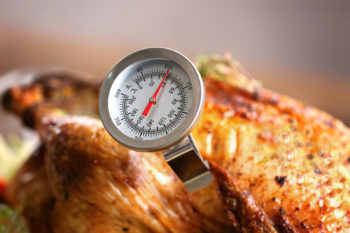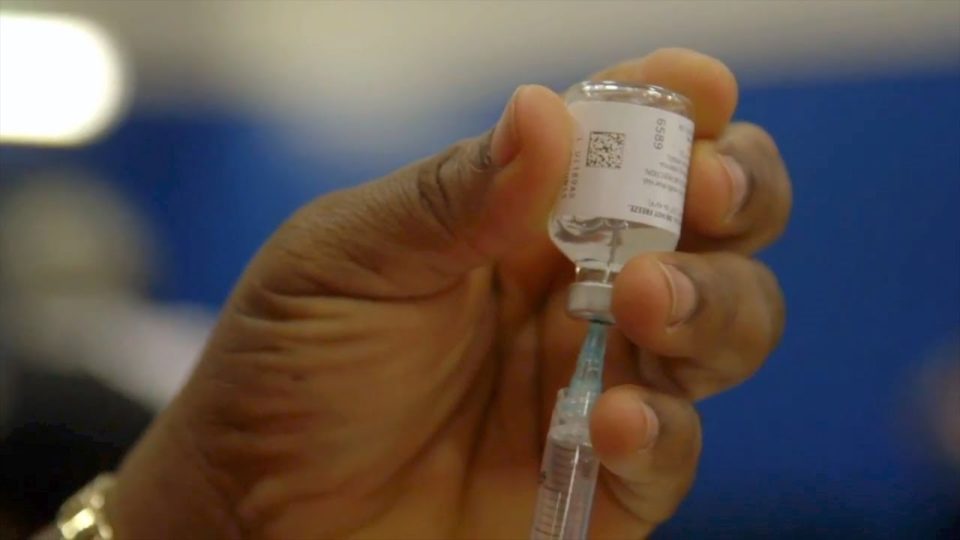Too much of a good thing, they say, can be bad — but that can’t possibly include Thanksgiving leftovers, can it?
Who doesn’t drool at the thought of turkey sandwiches, mashed potatoes, gravy, stuffing and pie for days?
Well, the answer is yes. Even Thanksgiving leftovers can be too much of a good thing — if they go to waste. Every year, 40% of food in America is wasted, often tossed out as trash going into landfills, according to the National Resources Defense Council. It’s a waste that also hurts American’s wallets. The NRDC reported in 2017 the average four-person household in the U.S. spends $1,800 a year on food they end up throwing out.
So, with Thanksgiving and the holiday season upon us, the County of San Diego’s Live Well San Diego Food System Initiative has some helpful tips for you. About how you can cut back on wasting food; how to cut down on leftovers and what to do with the ones you’ve got; how you might save yourself some money; and even about how recycling leftovers can protect your home — or at least your home’s pipes.
Reduce Wasted Food — Shop and Plan Wisely
The easiest way to reduce wasting food, during the holidays or just day to day, is to not cook too much, right? To help, plan ahead, shop smart and serve just enough food to make everyone happy. Of course, that sounds easy. But it can be hard to do. How do you know how much food is enough? SaveTheFood.com has a “Guest-imator” that can help you calculate how much food you need to prepare, based on how many people you’re serving and how much they typically eat, even for Thanksgiving. And yes, it can even calculate having leftovers if you want them.
Freeze or Find Ways to Reuse Leftovers
Of course, even the best planners can end up with leftovers sometimes, especially at a big event like Thanksgiving. But you don’t have to let them go to waste. If you’re having guests, provide to-go containers so they can take them with them. Rethink your leftovers and use them as ingredients for new meals. For example, leftover meat and vegetables can make a great soup or casserole. Or turn mashed potatoes into potato pancakes. And of course, you can freeze leftovers to use in future meals.
Recycling and Cutting Down on Wasting Food Can Keep Your Pipes Clean
Believe it or not, recycling and cutting back on wasting food can even protect your house. That’s because cooking oils and grease can gunk up your plumbing and even cause sewage overflows if you discard them down your sink’s drain. Making sure you’re not over-preparing food can cut down on the amount of cooking oils you’re using. And keeping used oils out of your plumbing by collecting them and recycling them can keep your pipes clean and your house protected. Contrary to popular belief, mixing used oils with soap, or pouring hot water down the drain after discarding oils in the sink, doesn’t prevent fat clogs that can back up your pipes.
There are free drop-off locations for used cooking oils all around the county. Just collect cooked cooking oils in a secure container with a lid and label it “used cooking oil.” Don’t mix chemicals or other liquids in with them. To find the nearest drop-off location, visit the County’s Recycling and Household Hazardous Waste database, WasteFreeSD.org, or call 1-877-R-1-EARTH (1-877-713-2784)
To learn more about reducing wasting food, visit the County’s Solid Waste Planning and Recycling website. And have a great Thanksgiving!






